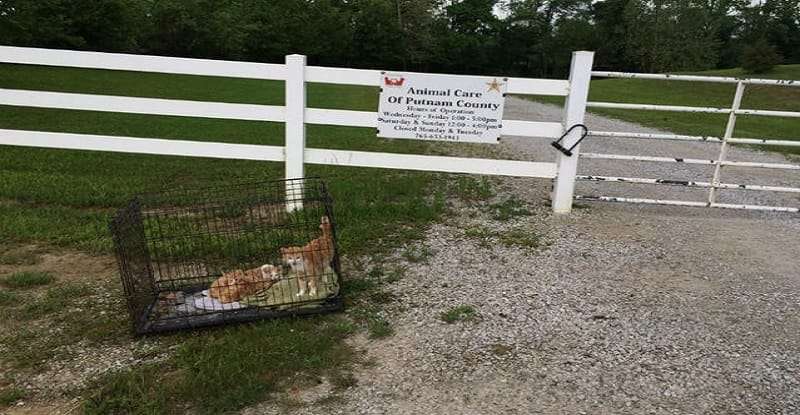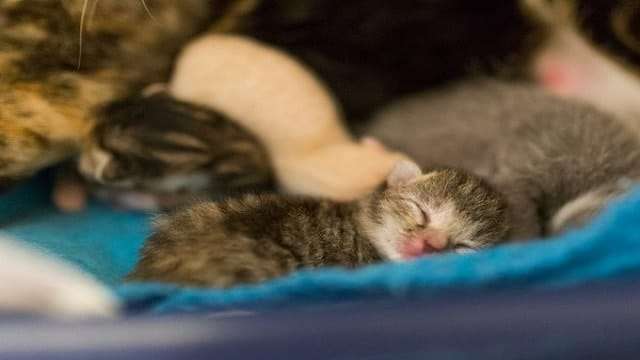Winter’s chill has descended in full force now over most of the United States.
And the while the bitter cold is difficult enough for humans to deal with, it can be dangerous, and even lethal, for our pets.
In an effort to keep pets healthy and warm this winter, various animal welfare organizations are offering very sound advice about the precautions their owners should take as the thermometer falls.
The best strategy, according to The Humane Society of the United States
is to simply keep dogs and cats indoors during bitterly cold weather.
Pets are very sensitive to extreme cold, according to HSUS, and share the same risks for hypothermia and frostbite as people do. Exposed skin on paw pads, noses, and ears can freeze and can even cause permanent damage.
Another group, the American Society for the Prevention of Cruelty to Animals, recommends never shaving dogs during the wintertime so that the animal has recourse to its natural insulation.
Dr. Sally Hayse of the SouthPaws Veterinarian Clinic in Maryville, urges pet owners to be aware of the windchill index and the temperature as well.
“Windchill is so dangerous,” Hayse said. “It’s important to keep an eye on that and keep your pets sheltered.”
With few exceptions, dogs should be taken outside for only short walks during periods of extreme chill and cold, then brought back inside immediately.
Also, Hayse said, elderly pets, small pets, and animals suffering from infirmities should be kept inside at all times with absolutely “no exceptions.”
Pets who are kept outdoors in the winter, she said, must be provided with a dry, draft-free shelter large enough for the animal to comfortably sit and lay down in but small enough to preserve body heat.
The shelter should also stand a few inches off the ground and be filled with straw, and the doorway should be covered with waterproof burlap or a heavy plastic.
It is also important that outdoor food and water dishes be made of plastic since animals’ tongues can actually freeze to metal.
And whether your pets stay indoors or outdoors, Hayse said, remember that keeping warm requires energy, so make sure animals also have plenty of food and water.
“Making sure your pets have access to a good, rich food supply is so important,” Hayse said. “And make sure that they have access to plenty of fresh water. If you have a pet outside make sure that their water isn’t frozen, and make sure that they’re getting fresh water daily.”
The HSUS also recommends that we use caution when it comes to cars, small wildlife, antifreeze, and stray cats.
Antifreeze is deadly poison but has a sweet taste that may tempt animals to ingest it. Keep antifreeze out of the reach of pets and clean up any spills immediately.
Also, warm engines in recently parked vehicles seem very alluring to cats and small wildlife, which may crawl under the hood of a car to get warm.
To avoid injuring hidden animals, HSUS suggests banging on the hood of your car to scare the animals away before starting the engine.
Source: www.maryvilledailyforum.com









